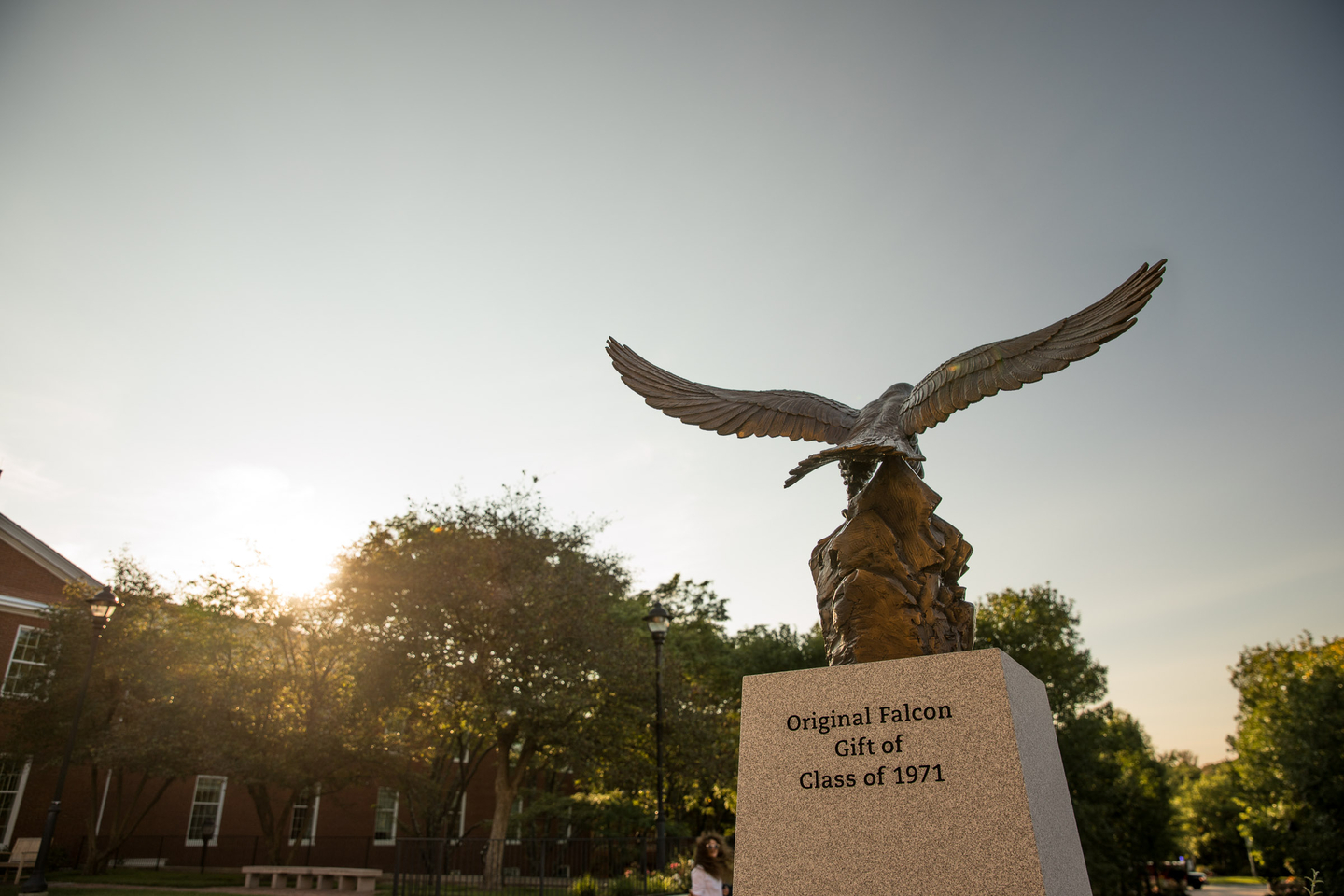
Bridging the Gap Between Health Care and Business
September 19, 2023
Stephen Monteiro MBA ’24 is motivated by the vision of accessible healthcare that is affordable to all. As founder of Mitigant Risk Solutions, LLC, his goal is to help clients discover value-creation opportunities by understanding their unique vulnerabilities and mitigating risk. Monteiro’s more than 20 years of experience in healthcare risk management and emergency preparedness includes a post as senior director of business development for the Global Patient Services Department at Mass General Brigham. Throughout his career, he has been driven by “knowing that healthcare can always be made better.” Here, he shares more about his role in the business of healthcare.
What was your career path in the healthcare field?
My career path was a bit circuitous. I always worked in healthcare as a laboratory bench tech, an EMT, then a paramedic. My interest in biology and caring for people was strong throughout my early career, then I found my way into management. I learned that I could impact even more people as a manager overseeing an emergency medical services department than as a paramedic working in an ambulance.
In 2006, I moved into emergency management, which was a new field for healthcare, and I spent the next decade learning how to prepare hospitals for events that disrupted their operations. That job was fantastic and taught me how hospitals and healthcare systems work. I discovered how the systems we build to care for people can sometimes cause harm. As it turns out, international patients are particularly vulnerable to these system weaknesses.
What and why was your motivation for pursuing your MBA?
When my kids were young, I completed a master’s in organizational development, and I used it successfully throughout my career at Boston Children’s Hospital (BCH). When I left BCH, I started a consulting business and realized gaps in my knowledge. I had learned so much through my work, but the world continues to change rapidly, and I felt there were several areas where I could use an update. I knew an MBA would help me do that, and Bentley was the best fit for me. I travel a lot and am on a budget with two children in college. Bentley was the best value and the place where I knew I would be supported.
Were any classes or materials particularly helpful in your current role/career?
In every class I take I immediately put the knowledge to work. Whether it is a crisis communication course or one on leadership, I find myself sharing the readings and lessons with my colleagues. The Managing Across Cultures course, helped me understand my cultural views, norms and biases and provided new tools to better understand other cultures.
Are there any campus resources that have been helpful to you during your experience?
One resource I recently connected to is the Healthcare Thought Leadership Network. Having spent so much time in academic medicine, I felt it might be a natural fit. When I was early in my career as a Paramedic, I was also teaching EMT classes; this combination of roles helped me become a better paramedic because teaching others kept my knowledge fresh, and my real-life experiences enriched my lessons. My MBA journey and being part of HTLN is also an opportunity to bring my real-life experiences to others. I am confident that the knowledge and guidance from my coursework and the thought leaders in HTLN will help me improve my professional work even more.
Why do you think individuals who understand business and healthcare are in such demand?
Healthcare is changing rapidly. This is good because the management structures in healthcare are very antiquated, and healthcare desperately needs updating. People who understand the caring business are in demand because we are helping people when they are most vulnerable — and we need to operate efficiently to keep the mission going.
I firmly believe that many organizations’ most challenging problems do not need outside consultation to know what to do next. Still, instead, they require internal experts to come together and problem-solve collaboratively and in a time-bound and measurable way. It can be very demanding work, but it can also make the kind of purpose-driven difference we all seek.

